What Are Polynucleotides?
28563 by Omniya Clinic
Intense Pulsed Light (IPL) treatment, commonly referred to as IPL photofacial, is a skin rejuvenation technique that utilises high-intensity light pulses to address a variety of skin concerns and conditions. This advanced treatment is excellent for treating rosacea, thread veins, spider veins, pigmentation, sun spots, and other signs of ageing. Our IPL treatment is designed to rejuvenate and improve your skin tone, helping you achieve a radiant and youthful appearance.

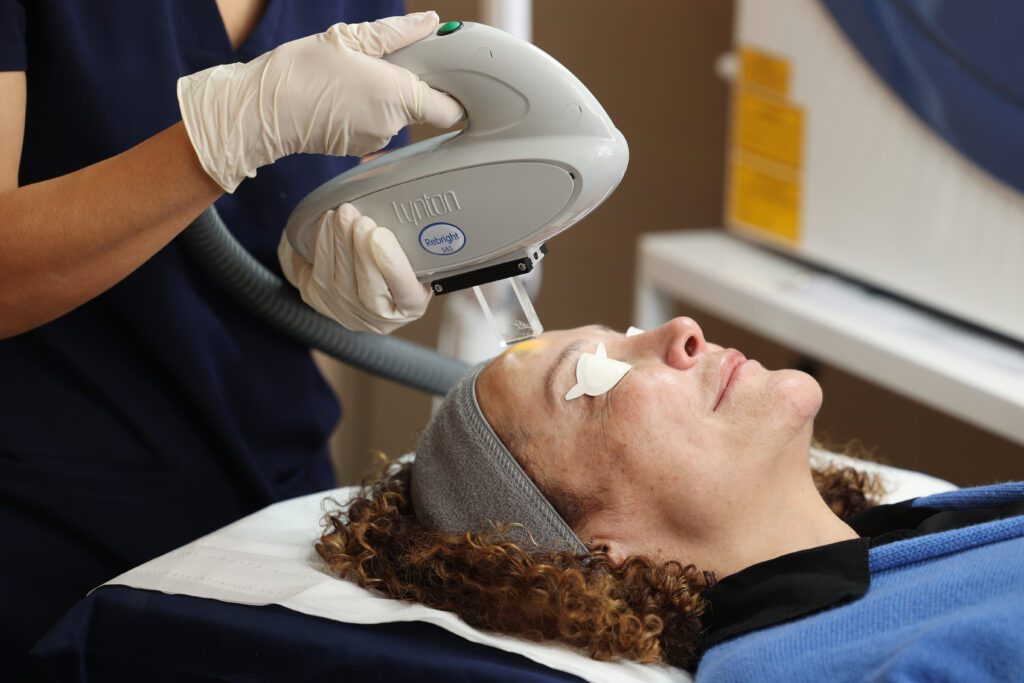
IPL treatment is a gentle, safe, and effective method that uses ‘broad-spectrum’ light to target specific pigments in your skin without the need for invasive procedures. Unlike lasers, which use a single wavelength of light, IPL technology employs broad, high-intensity pulses of visible light, similar to a photo flash. These wavelengths penetrate just below the skin to the dermis, targeting specific chromophores (molecules that absorb light), such as melanin in pigmented lesions and haemoglobin in vascular lesions, while stimulating collagen production. These actions produce incredible results for problematic areas.
IPL treatments can help different skin types by adjusting intensity and wavelength, effectively treating various skin conditions:
Targets sunspots, freckles, age spots, and other pigmentation issues.
Stimulates collagen production to diminish signs of ageing.
Targets skin redness and inflammation, improving acne marks and rosacea.
Fades spider veins and thread veins, enhancing skin clarity.
*Images courtesy of The Lynton Clinic, Cheadle
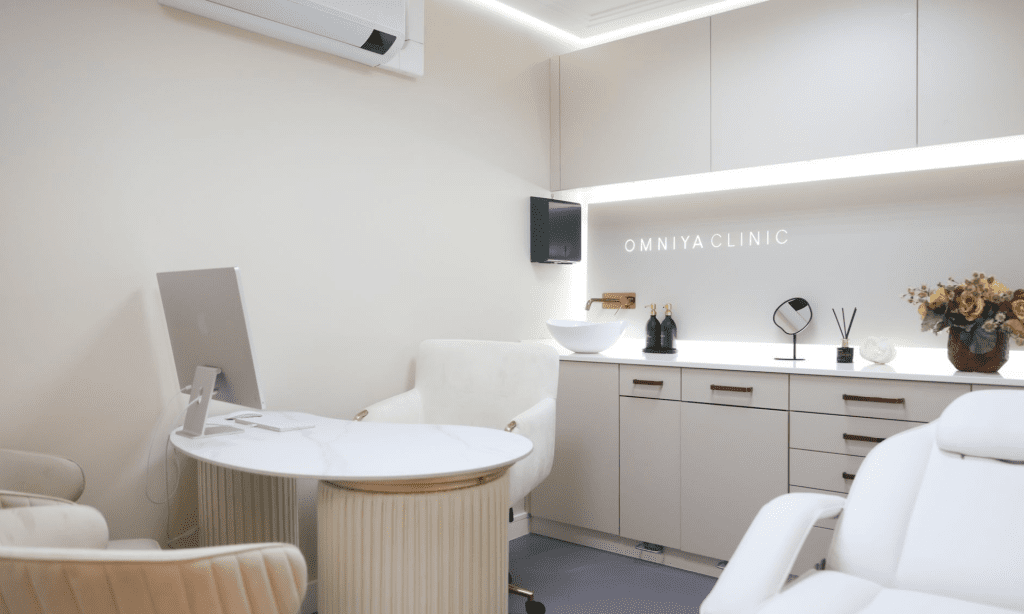
Our IPL treatment uses advanced technology from Lynton, a leading UK-based company with a team of doctors, scientists, and aestheticians. Lynton was awarded ‘Best Manufacturer in the UK 2019’ and supplies the NHS.
Omniya has invested in a broad suite of top-quality devices to target and treat the most prevalent concerns. Our technology selection follows thorough research, assessment, and qualitative checks, ensuring we offer the best treatments by selecting the most effective and suitable technology for each concern, timescale, and budget.
We offer a free consultation with one of our skin specialists to discuss your concerns, assess your skin type, and determine the best treatment for you.
varies per patient
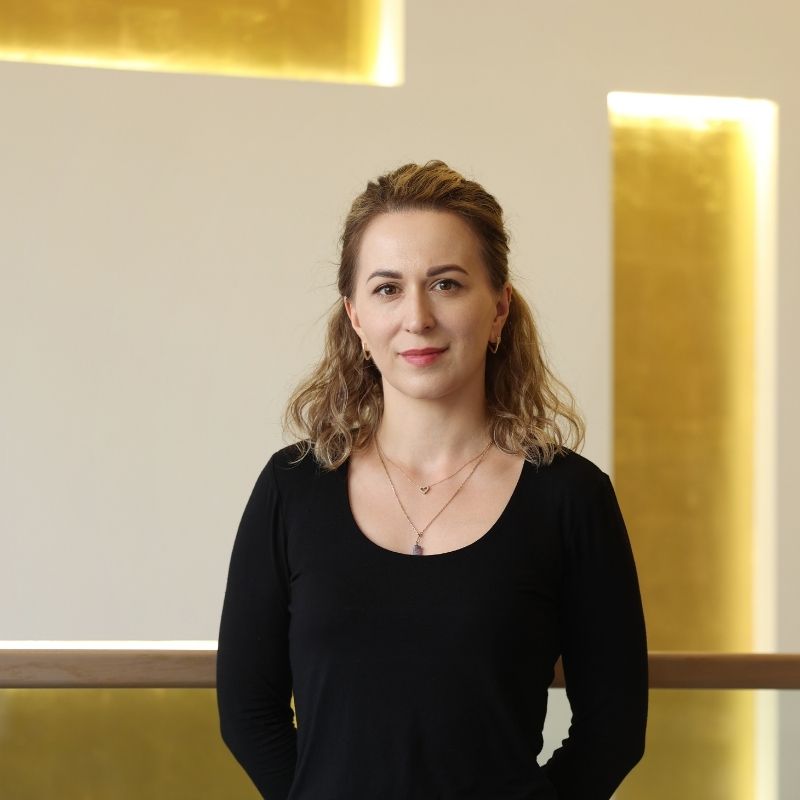
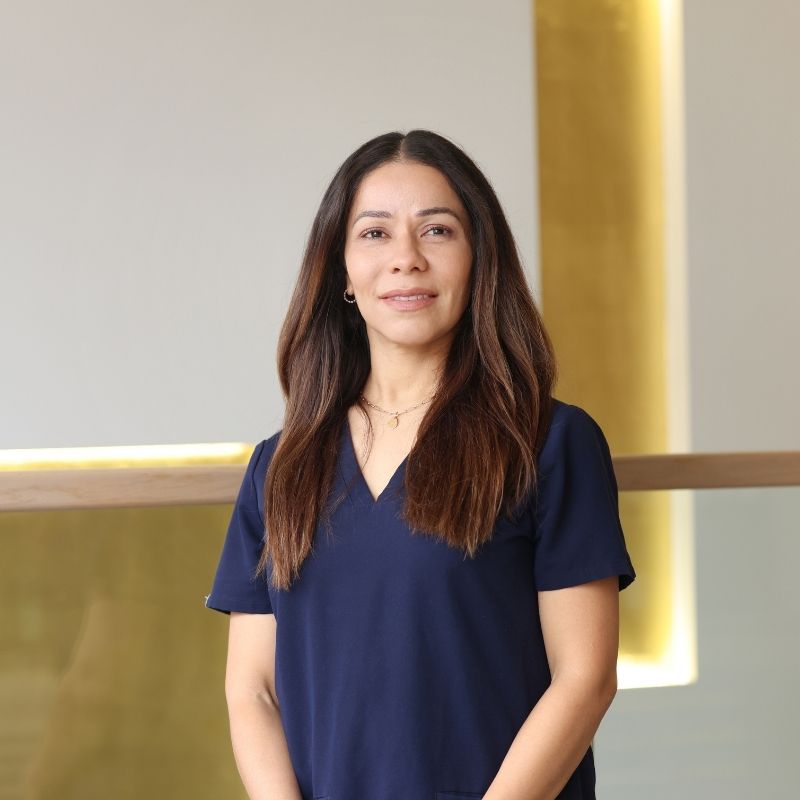

The treatment is not painful, and the sensation is often described as a ‘mild pinging’ or ‘rubber band snap’ during the light pulses. Cooling mechanisms and numbing creams are available to minimise discomfort if desired.
During your initial consultation, your aesthetician will review your complete medical history, including medications and any skin conditions or sensitivities. If suitable, you will have a patch test to ensure no adverse reactions. Pre-treatment instructions typically include:
You will be advised to arrive at the clinic without makeup, lotion, perfume, or skincare products, in comfortable clothing, and well-hydrated.
Yes, IPL can effectively treat rosacea, including persistent redness and flushing, by targeting haemoglobin in the blood vessels and reducing inflammation. It also stimulates collagen production, improving skin firmness and resilience.
Yes, IPL can effectively treat hyperpigmentation by targeting and breaking down excess melanin, helping to reduce and remove hyperpigmentation, sun damage, and age spots.
Post-treatment care generally includes avoiding sun exposure, applying a broad-spectrum moisturiser (SPF 30 and above), moisturising gently, avoiding heat and sweat for at least 48 hours, gently cleansing the skin for at least a week, avoiding irritating products, and not wearing makeup for at least 24 hours. Consult your skin specialist for specific post-care instructions tailored to you.
You should avoid wearing makeup on the treated areas for at least 24 hours after your treatment. If necessary, use mineral-based makeup to reduce the chance of irritation.
Yes, IPL can help reduce spider veins, particularly on the face. Success depends on factors such as the size, colour, patient’s skin type, and location of the veins.
Contraindications include pregnancy, photosensitive medications, severe skin conditions, recently tanned skin, dark skin tones, keloid scarring, herpes simplex virus, certain medical conditions, recent laser or chemical peels, and tattoos or semi-permanent makeup. Your skin specialist can recommend alternative treatments if IPL is not suitable for you.
Yes, IPL can be effectively combined with other treatments to enhance skin rejuvenation or address multiple concerns simultaneously. Common combination treatments include:
Combining IPL with these treatments provides comprehensive skin care solutions, enhancing overall results and addressing a wider range of skin concerns.
Our IPL treatment focuses on skin rejuvenation and does not remove hair. For effective hair removal, we offer laser hair removal treatments using the Cynosure Elite IQ machine.
Yes, IPL therapy effectively treats various skin conditions, including hair removal, pigmentation correction, and skin rejuvenation. The effectiveness of IPL is well-supported by clinical studies and dermatological evidence. Individual results may vary based on skin type, condition severity, and adherence to treatment protocols.
There is a lack of definitive studies on the safety of IPL during pregnancy. At Omniya Clinic, we do not perform IPL treatments during pregnancy due to the absence of concrete evidence.
The frequency of IPL treatments and their duration of effectiveness vary based on the condition being treated, the patient’s skin type, and their response to the therapy. Generally, a series of 3 to 6 treatments spaced 4 to 6 weeks apart is recommended for the initial treatment phase. Maintenance treatments may be required every 6 to 12 months, depending on the skin’s response and exposure to factors such as sun exposure.
Yes, but careful precautions are necessary to avoid complications. These include minimising sun exposure before and after treatments, using high-SPF sunscreen, wearing protective clothing, and following your skin specialist’s advice to ensure safe and effective results.
If you have recently tanned skin, it is best to wait until your tan fades before undergoing IPL therapy. IPL on tanned skin poses a higher risk of side effects and may be less effective due to increased melanin. Avoid tanning before your treatment, and discuss your sun exposure openly with your skin specialist.
IPL treats a wide range of concerns, and several effective alternatives are available. At Omniya, we offer a variety of treatments to suit different skin needs and goals:






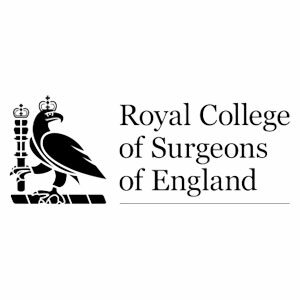

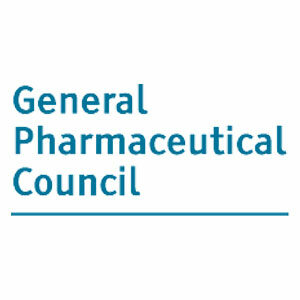
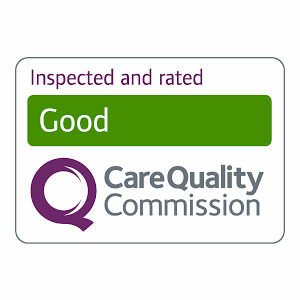
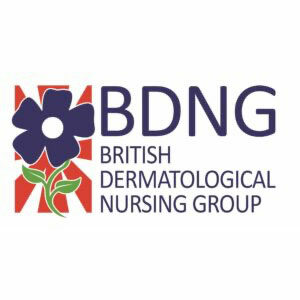
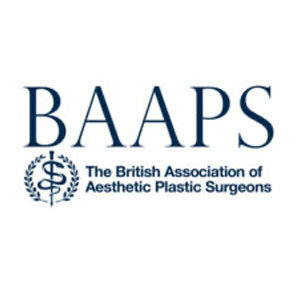
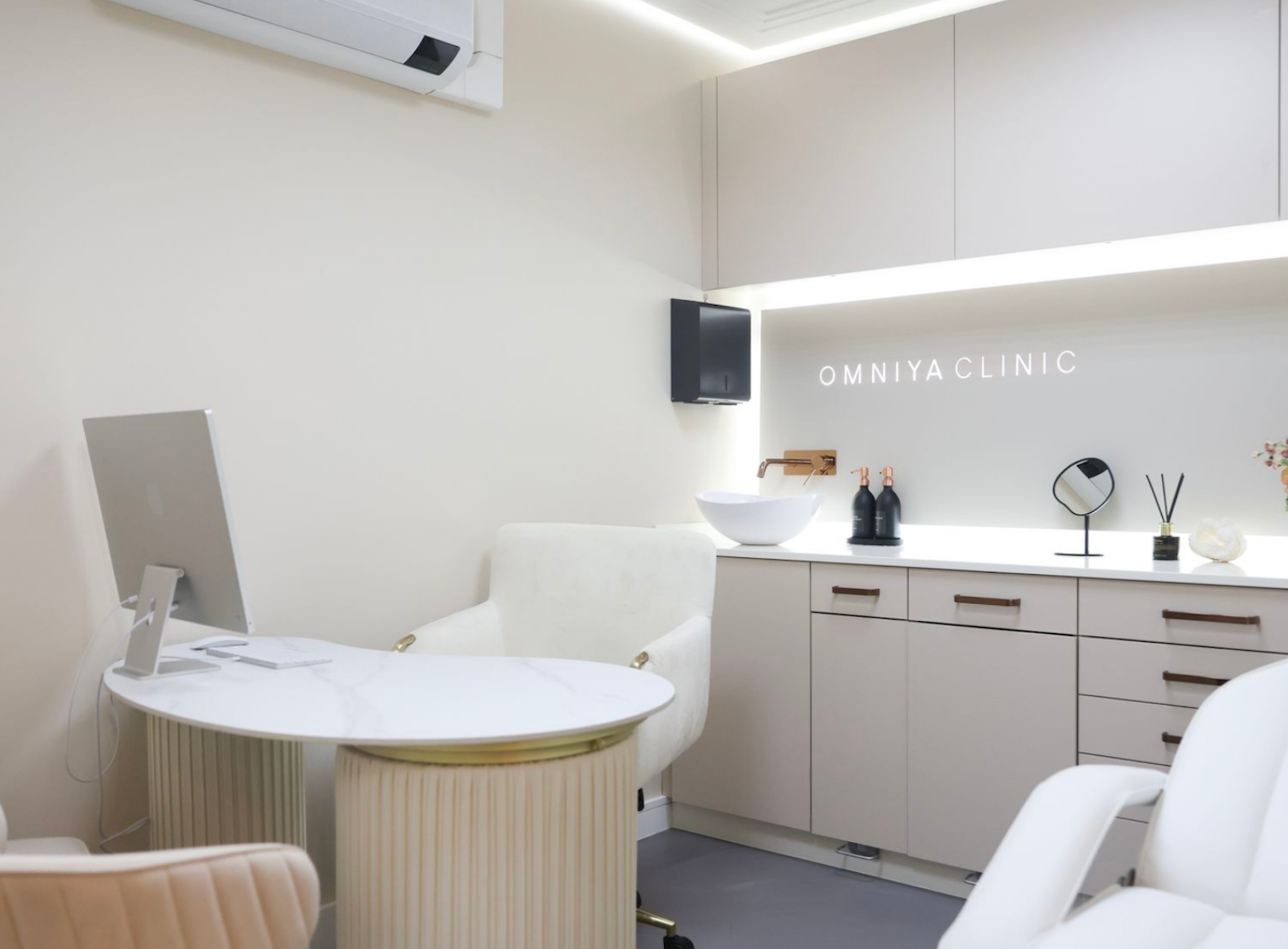
During your consultation, we will advise you on the best treatments and products to use at home.
*Available with participating practitioners



If you are an existing patient, we kindly request that you email your request through to hello@omniya.co.uk rather than filling out the contact form.
"*" indicates required fields